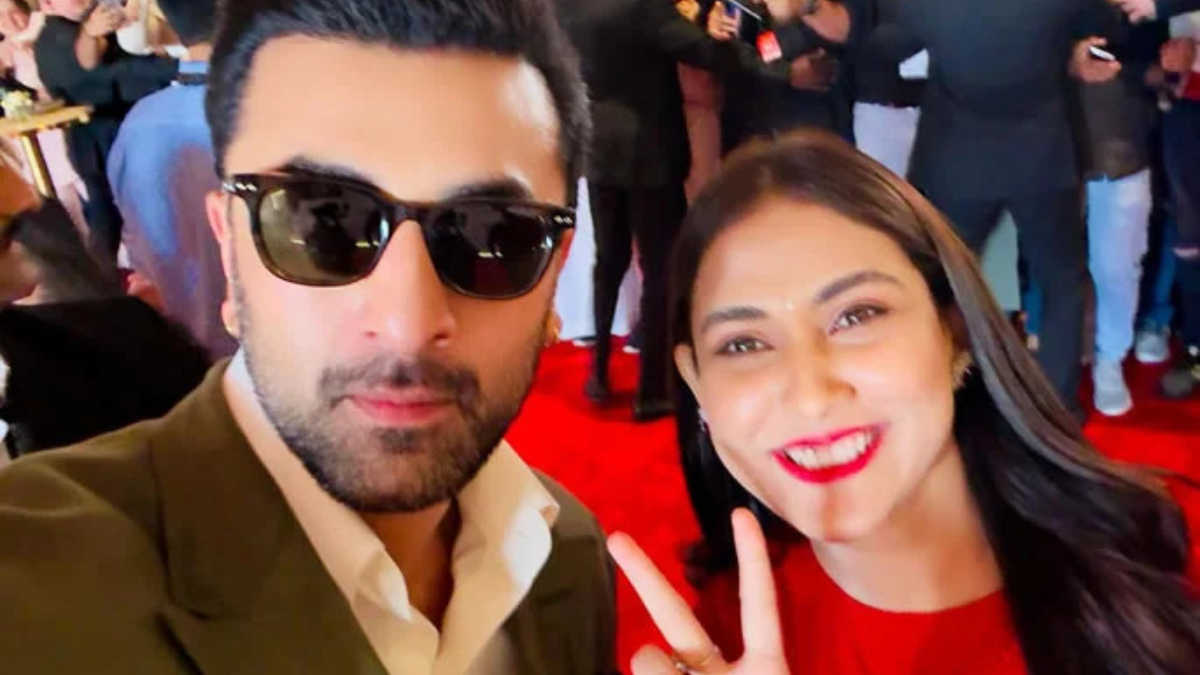The only film from Bangladesh at the Red Sea International Film Festival was Saba. It is about a 25-year-old girl who lives in Dhaka with her demanding mother Shirin, a paraplegic whose frustrations and rage often find a target in the daughter who cares for her. The film shows the plight of a caregiver.
When Shirin’s worsening condition requires surgery it falls to Saba to find the money to pay for it. Securing a job at a seedy Shisha bar, Saba befriends the manager Ankur and, for the first time, pictures what a life of her own could look like. Maksud Hossain’s debut feature is a close-up look at a complicated bond between mother and daughter that lurches between love and guilt, co-dependence and the longing for autonomy - but it is also a social drama, detailing the hardships that underlay the riots in Bangladesh earlier this year.
Edited excerpts from the interview:
I just saw your film Saba which shows the pain of caregivers. Caregivers also need mental support. So what do you need to say about that bit of it?
I think this is what actually struck me about the script of Saba. And, the reason behind doing the movie itself is because I wanted to portray the psychological challenges that caregivers go through, and this is something that we usually don’t talk about. Like, we are very much focused on someone who is suffering and not on someone who is taking care of the person who is suffering, but also suffering themselves.
I always felt that these are the kind of stories that we should show, and these are the stories that will stay with us for a very long time because these emotions are universal. And no matter what language or which country the movie is from, everyone can connect to it.
How much do you relate to the character of Saba?
To be very honest, I actually don’t want to relate to Saba. I always choose characters that are very much different from who I am in real life because, you know, usually what happens is, you know, the person or the actor himself herself is so big that they overshadow the character that they’re playing, and that is something that I don’t want to do. I don’t want people to watch Mehazabien when they are actually watching the movie. So, like, this is always my conscious choice that I make. I want my role to get highlighted, not me.
Talking about the socio economic and political condition of Bangladesh now, what do you have to say about the present situation?
Well, these are challenging times. We are just trying to understand what’s happening, and, I think, I’m a very hopeful person. I’m hoping for the best because, you know, rather than crying about the past, let’s look towards the future and whatever resources that we have, we have to utilise it and make the best out of it.
Any Bollywood dreams that you have?
I am neither too old nor too young to start dreaming about Bollywood, but I’m open to movies in India based in Calcutta.
You mean you are interested in working in Tollywood?
Yes. I did get offers, but I am waiting for the right one.
Saba’s character is very layered and vulnerable too. What do you have to say about this change of women’s role, which has been hugely portrayed in the Red Sea Film Festival?
If not now, then when. Because I always feel we are already late, and we have always denied access to women for a very, very long time. And if not in 2,024, then when? That’s my question.
And, about the changing times, I think women are doing great, and I am so happy that scriptwriters are thinking about women stories, and those are working well even in Bollywood, even in Hollywood, and it’s growing, and it’s spreading, and it’s our responsibility to watch and support such films.


)
)
)
)
)
)
)
)
)



